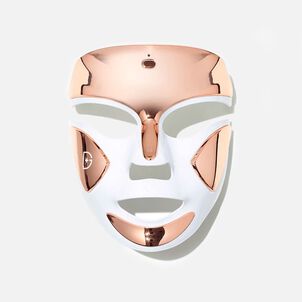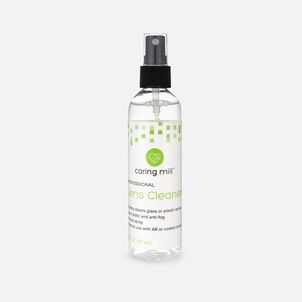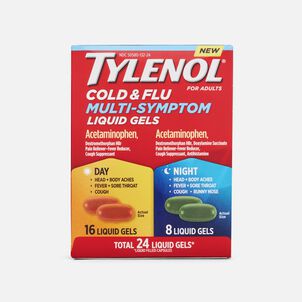 | SHOP NOW
| SHOP NOWMental health has steadily come out of the woodwork as a major health issue that needs to be discussed. People are starting to realize that mental health issues can be just as critical as physical ones, and that anxiety, depression and other disorders need to be addressed as much as high blood pressure and diabetes.
Staying on top of your mental health now will help you enjoy better health down the line. But every insurance plan has their own policy regarding these treatments, and paying for it can be a challenge for most Americans, many of whom aren't aware that their insurance company covers some aspects of mental health treatment.
Fortunately, there are ways to use your tax-free funds to pay for mental health care:

Ongoing therapy
Counseling is HSA-eligible, and includes appointments with psychologists, psychiatrists, licensed social workers and other mental health professionals. If your insurance doesn't cover mental health or doesn't pay for it 100%, you can use your HSA funds to cover the remainder. Your doctor or provider should be able to accept your HSA card without issue, but it's good to call ahead and ask.
Marriage counseling is not covered under your HSA, but substance abuse treatment, rehab facilities are eligible. AA meetings typically don't have a cost associated with them, but transportation to and from meetings are eligible. Note that marriage counseling sessions that are needed because of a medical issue may be covered - check with your plan administrator to be sure.
If you need to stay in a long-term psychiatric or substance abuse facility, those will also be covered by your HSA. Remember, there is a contribution limit for HSAs and that may be less than your out of pocket costs.
Medication
If you visit a psychiatrist or a primary care doctor about mental health issues, they may prescribe medication to help you. These medications will be covered under your HSA, as long as they're prescribed by a doctor.
Over-the-counter medications and products can also be paid for with an HSA.
Qualify your HSA expenses
Whether you're paying for a therapy session or your anti-anxiety medication, make sure to keep the receipt for those purchases for tax purposes. It's always good to keep receipts for deductions you're taking since you need to prove they're for a qualified medical expense.
Scan the receipts into a cloud based storage system. Paper receipts often last just a few months, which isn't helpful when the tax filing date is months away.
Some doctors will also give you a yearly summary of visits, which can be helpful to cross- reference your receipts. Keep the receipts for prescription medications and any other related information. Yes, it can be a hassle to store all of those documents, but it's better than being audited and not having proof of your HSA deductions.
Using an HSA to pay for mental health related expenses can save you money on your taxes and make it easier to prioritize your mental health.
We hope this article was helpful in planning your physical and financial well-being. However, we are not doctors -- if you are in crisis we strongly recommend you immediately reach out to a crisis hotline, your doctor, therapist or a hospital. Unsure where to go? No matter where you are, SAMHSA (not affiliated with the tax-free health account) lets you find help nearby, wherever you are.
-
Thank you for visiting the HSA Store Learning Center. Don’t forget to follow us for more helpful tips on Facebook, Instagram, and Twitter.

.png)
















